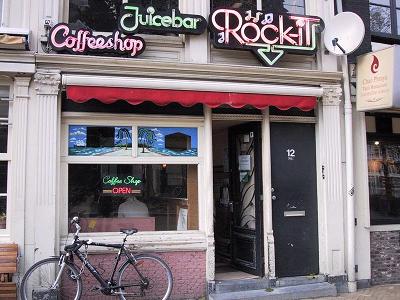Back in 2003 the then Dutch government -as now led by Balkenende and his Christian-Democrats- was quite keen to support the War on Iraq, while the majority of the Dutch voters and a large part of parliament were not. So, in a typical Dutch compromise it was decided to only support the war politically, not to offer military support but to be prepared to take part in the subsequent occupation of Iraq, as we indeed did. As we now know the British Foreign service had grave doubts about the legality and legitimacy of the war, but was overridden by the political leadership. As we learned only today, it seems it was exactly the other way around in the Netherlands.
Today the NRC Handelsblad newspaper got its hands on a secret foreign affairs memo casting doubt on the legality of the Dutch government’s position, but held back from the minister responsible by the ministry’s most senior civil servants! The document, written just after the invasion started, expressed serious concerns about the legal arguments underpinning the Dutch position, claiming it “failed both materially and procedurally”. However, a hand written note on the memo’s first page says “Many thanks. Carefully store this in the archives for posterity. This discussion is now closed”. With this note, written by the then secretary-general of the ministry, Frank Majoor, the memorandum was indeed safely locked away, until NRC Handelsblad got hold of it recently and published it online (PDF). An ironic note written by the lawyers responsible for the memo adds, “apparantly “audite et alteram (sic) does not apply in this case”.
The 64,000 dollar question now is if this was the secretary general’s own decision or whether the minister, Jaap de Hoop Scheffer –who would become the NATO secretary-general in december of 2003– knew about the memo already and made the decision not to be formally brieved on it. This is after all the sort of information a minister should pass on to parliament, especially when it still has to approve sending occupation troops to Iraq. If parliament knew the government’s own lawyers are doubtful about the legality of the war, this could very well have meant it would have voted against this decision. And we couldn’t have that, could we?
All of which explains a lot about why Balkenende vigerously opposes any inquiry into the War on Iraq and the Dutch contribution to it. He knows his own role and that of his then-government is dodgy and he has no wish to be “hung” for old crimes. In fact, the current government coalition had already stipulated in its coalition agreements that it would not support any inquest. With this new revelation however, there might just be enough support in parliament for such an inquest anyway…
